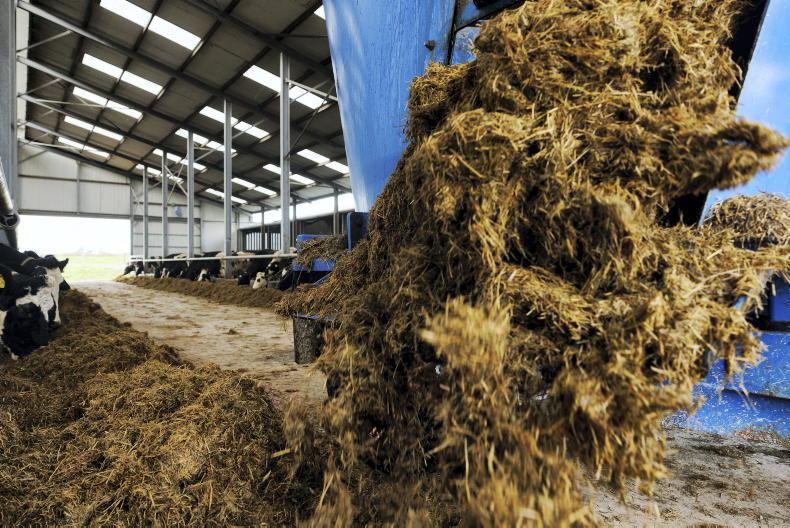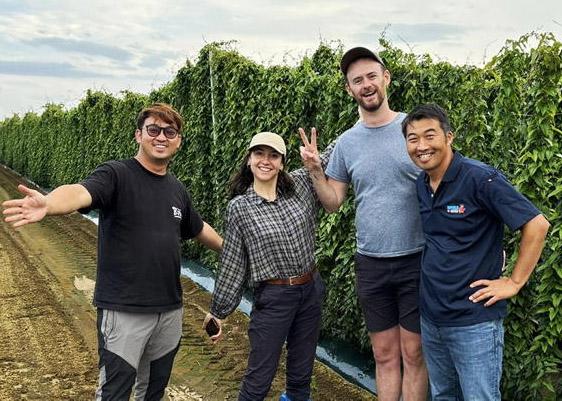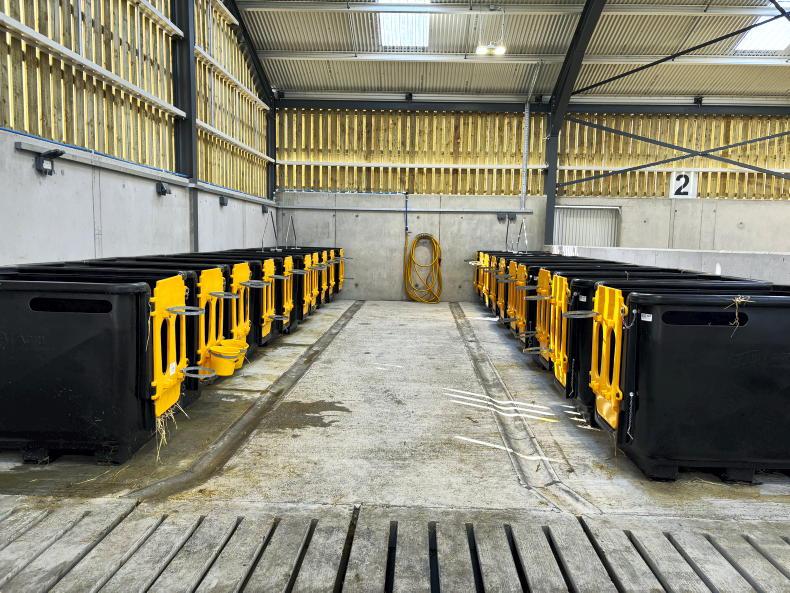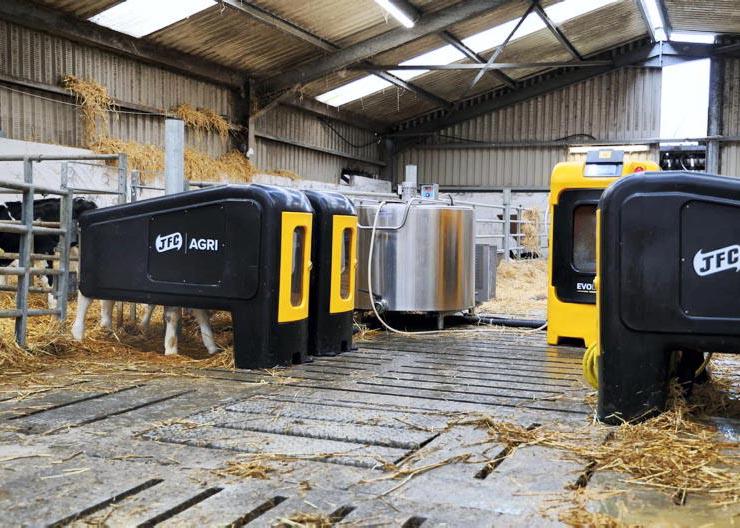For most people, JFC in Tuam is Ireland’s best-known agricultural plastic company. Nearly every farmer has at least one of their products.
JFC celebrates 30 years in business this week. Founder and managing director John Concannon says the journey has been more about people and innovation than plastics. Privately owned by the Concannon family and key personnel, the accounts are not published, but he tells the Irish Farmers Journal “the agri and pipe business has a turnover of €50m”.
He has ambitious targets for the future through acquisitions and developing new products.
“In the early stages, the aim was to double turnover each year. From €18,000 turnover back in 1987, the company went to €50,000 and then €120,000 in year three and the graph has gone up, nearly every year.”
“As we got bigger, the aim was to increase turnover by 15% each year,” he explains. The business started with a €1,000 overdraft and €2,500 grant from Galway County Development in a 3,000sq ft unit.
Today, the factory in Tuam is 110,000sq ft with planning permission for another 100,000sq ft. The factory footprint has expanded to the UK and Poland and now JFC employs 270 people in total.
First selling direct to farmers and then to co-ops, their first major export of 4,500 buckets was for the UK through Volac. “It was a major one at the time and I still have the order docket for it,” he said.
Looking back, BSE, foot and mouth, 9/11 and more recently the financial crisis in 2007 were the biggest challenges to the company.
“Foot and mouth was probably the most severe. We were heavily dependent on agri and had a UK sales force that could not go out on farms. It turned out to be a blessing in disguise,” he says. “We were forced to look at new markets and developed a range of linen trolleys within three to four months,” he added.
The financial crisis in 2007 was another shock. “We dropped €10m in turnover in a year. I had to bring the 120 Tuam employees to a meeting and let 25 of them go. It was not easy but I had to think of the 95 that remained,” he added. Since then, they are back up to 120 in Tuam and currently working three shifts to keep up with demand and looking to employ more people.
JFC is synonymous with innovation. “We spend €700,000 to €1m on research and development every year but have increased this significantly to bring out new Brexit-proof products that will have worldwide appeal,” he said.
Tight-lipped, he is confident that this will take the company to a new level.
He believes that everyone should challenge themselves when it comes to continuous education. “I only spent two years in St. Jarlath’s in Tuam. Years later, I made a decision to improve myself by reading and doing courses and I haven’t stopped,” he added. It was also part of the networking that he sees as key.
At a one-week-long recycling course, he met a company that made pipe from recycling material.
“I loved the idea and got talking to the owner. When he came to me later he wanted to sell 30% but we decided to buy it completely,” said Concanon. It lost €700,000 in the first year and took another year to turn around. More importantly, it got JFC into the pipe-making business.
Initially the focus was on agri but the company soon realised road contracts was where they could grow it quickly.
“It is a commodity and low-margin business but when we started winning road contracts we were able to develop other products that allowed us to increase margins,” he says.
After burning shoe leather to set up markets in the continent, JFC focused its attention on Poland to reduce transport and labour costs for the eastern markets. They set up a factory there with the aim of redesigning and develop existing products.
Talking of the challenges in recent years, Concanon pointed to Poland but he says the business has developed markets in Russia and Ukraine which were effectively closed down with the collapse of the rouble and political uncertainty.
On Brexit, he says: “It is like the UK scoring a massive own goal in the world cup final. It has already impacted us due to the swing in currency. We are manufacturing in both countries which helps, but transporting pipes between Ireland and the UK is expensive.”
JFC reacted quickly by investing in the UK and Ireland to make sure both countries were self-sufficient in pipe to cut out the cost altogether.
Looking back, the other aspect he was most proud of was the social side.
“I got a great kick out of running the innovation awards for many years with the Irish Farmers Journal,” said Concannon. Salesmanship and innovation were always his two key messages for the hundreds of fledgling business.
Straight to the point, he would often say “If you can’t sell yourself, what hope do you have?”
At 63 and with his family all involved in the business, he has clearly started the succession plan but he is certainly not ready to step back fully yet. He has ambitions to grow the business to sales of €100m by 2020. Based on the last 30 years I have no doubt he will hit them.











SHARING OPTIONS